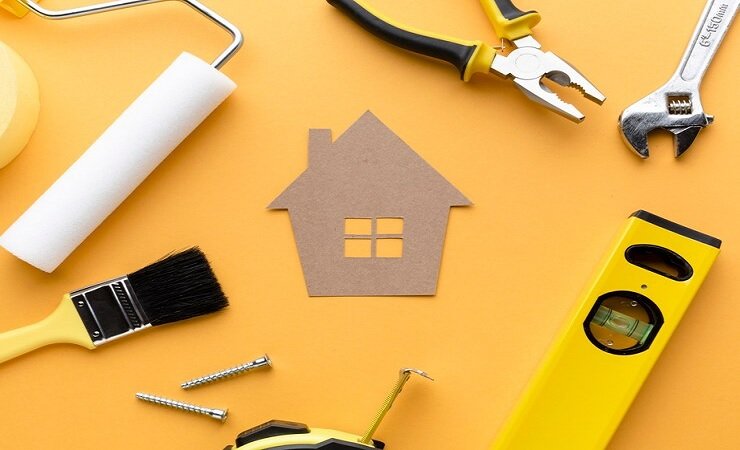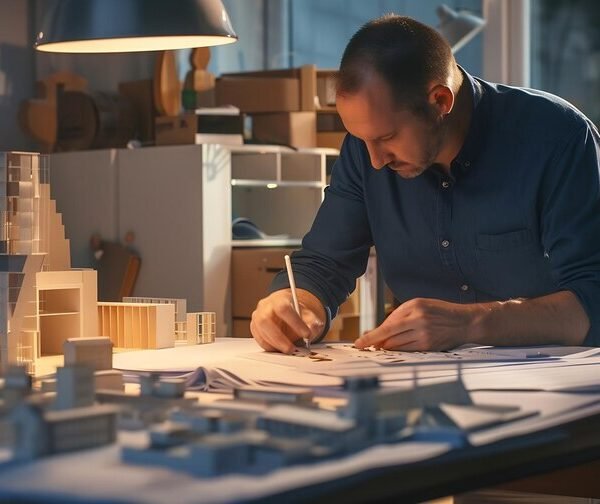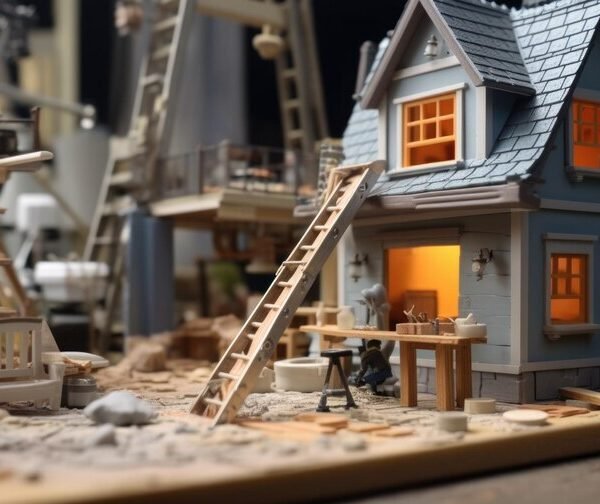How to Increase Your Home Security
Look, we all want to feel safe and secure in our own homes, right? That cozy little spot where we can kick back and relax after a long day. Unfortunately, home break-ins and burglaries are more common than you might think. But don’t worry, we’ve got your back. In this comprehensive guide, we’ll cover everything you need to know about beefing up your home’s security game. From assessing vulnerabilities to installing top-notch systems, we’ll walk you through it all, step-by-step. So sit tight, grab a snack, and get ready to turn your humble abode into an impenetrable fortress (okay, maybe not quite that intense, but you get the idea!).
Key Takeaways:
- Conduct a thorough home security assessment to identify weak spots.
- Upgrade your entryways with solid doors, secure windows, and deadbolts.
- Install outdoor lighting strategically to deter potential intruders.
- Integrate smart home devices like locks, cameras, and doorbells for added convenience and security.
- Consider a robust home security system with professional monitoring for maximum protection.
- Implement additional strategies like securing valuables and staying informed about local crime.
Assessing Your Home’s Security
Before we dive into the nitty-gritty of home security upgrades, it’s crucial to assess your current situation. Think of it as a security audit for your humble abode. You’d be surprised at how many vulnerabilities can slip under the radar – from flimsy locks to unsecured windows and inadequate lighting. So, grab a notepad (or your trusty smartphone) and get ready to play detective.
Here’s a quick checklist to get you started:
- Inspect all doors and windows for any signs of weakness or easy access points.
- Test your existing locks – can they withstand a bit of force, or do they feel like they’ll give way with a gentle nudge?
- Walk around your property after dark and look for any areas that are poorly lit – those shadowy spots could be prime real estate for unwanted visitors.
Once you’ve gathered all the info, it’s time to prioritize your upgrades. Weaknesses like rickety doors and windows should be at the top of your list, while installing smart home devices might be further down the line. But don’t worry, we’ll cover all the bases!
Upgrading Entryways
Let’s start with the most obvious potential weak spot: your home’s entryways. Those doors and windows are the first line of defense against any would-be intruders, so it’s crucial to make them as impenetrable as possible.
- Solid Exterior Doors: Forget those flimsy hollow-core doors – you’ll want to upgrade to a sturdy solid wood or metal door that can withstand some serious force. And while you’re at it, consider reinforcing the frame and hinges too. You don’t want any weak links in the chain!
- Double/Triple-Pane Windows: Those single-pane windows might be easy targets for burglars, so consider upgrading to double or triple-pane options. Not only will they be tougher to break, but they’ll also provide better insulation and energy efficiency – a win-win!
- Deadbolts: Locks are the gatekeepers of your home, so don’t skimp on quality. Opt for heavy-duty deadbolts that are drill-resistant and made from sturdy materials like steel or brass. And while you’re at it, consider upgrading to smart locks for added convenience and security (more on that later).
Installing Outdoor Lights
Here’s a fun fact for you: most burglars are opportunistic creatures who prefer to operate under the cover of darkness. So, by strategically illuminating your property, you can make it a much less appealing target. It’s like shining a spotlight on their unsavory activities – not exactly the kind of attention they’re looking for!
- Motion-Sensitive Lights: These bad boys are like the guard dogs of the lighting world. They’ll automatically illuminate when they detect movement, potentially scaring off any unwanted guests before they even get close.
- Solar-Powered Lights: Not only are these eco-friendly, but they’re also cost-effective and easy to install. Plus, you can strategically place them in areas where wiring might be a hassle.
- Smart Lights: If you’re a fan of the latest tech, consider investing in smart lights that can be controlled via your smartphone or voice assistant. You can schedule them to turn on and off, or even set them to mimic your usual lighting patterns when you’re away on vacation.
Smart Home Devices
Speaking of smart tech, let’s talk about the true MVPs of home security: smart home devices. These nifty gadgets not only add an extra layer of protection but also provide unparalleled convenience and peace of mind.
- Smart Locks: Say goodbye to fumbling with keys and hello to keyless entry. Smart locks can be controlled via your smartphone, and some even have nifty features like temporary access codes for guests or service providers.
- Smart Cameras: These little guys can be strategically placed around your property, both inside and out, to keep a watchful eye on things. Many even offer features like motion detection, night vision, and cloud storage for recorded footage.
- Smart Doorbells: Forget about peering through the peephole – smart doorbells allow you to see (and even talk to) visitors right from your smartphone. Plus, they often record video clips, which can come in handy if any suspicious activity occurs.
Home Security Systems
While individual security measures like locks and lights are great, a comprehensive home security system takes things to the next level. These bad boys can integrate various components (like cameras, sensors, and alarms) into one cohesive system, giving you a bird’s-eye view of your home’s security.
- Wired vs. Wireless Systems: Wired systems are hardwired into your home’s electrical system, while wireless options rely on battery power and wireless communication. Both have their pros and cons, so it’s worth weighing your options.
- Monitoring Services: Many security systems offer professional monitoring services, which means that if an alarm is triggered, trained professionals will be notified and can take appropriate action (like contacting you or dispatching emergency services).
- Alarm Systems: The bread and butter of any home security system, alarms are designed to scare off intruders and alert you (and potentially authorities) to any potential breaches. Look for systems with various alarm types, like entry/exit sensors, motion detectors, and glass break sensors.
Additional Tips and Strategies
While the measures we’ve covered so far will go a long way in beefing up your home’s security, there are a few additional strategies worth considering:
- Securing Valuables: Invest in a sturdy safe or lockbox to store important documents, jewelry, and other valuables. It’s like having your own personal Fort Knox!
- Creating a Safe Room: In the event of a home invasion or other emergency, having a designated safe room can provide a secure refuge until help arrives. It should have sturdy locks, a way to communicate with the outside world, and potentially even a hidden entrance or exit.
- Staying Informed: Knowledge is power, so stay up-to-date on local crime trends and any suspicious activity in your neighborhood. Consider joining a community watch program or following local law enforcement on social media.
Conclusion
Phew, that was a lot of information to take in, but we made it! By now, you should have a solid understanding of the various strategies and tools available to beef up your home’s security game. From upgrading entryways and installing outdoor lighting to integrating smart home devices and investing in a comprehensive security system, there’s no shortage of options to choose from.
But remember, home security isn’t a one-and-done deal – it’s an ongoing process that requires vigilance and adaptation. As new threats emerge and technologies evolve, it’s essential to stay informed and make adjustments as needed. Think of it as a constant game of cat-and-mouse, where you’re always one step ahead of those pesky would-be intruders.
So, take the time to assess your home’s vulnerabilities, prioritize your upgrades, and implement the strategies that work best for your unique situation. And don’t be afraid to seek professional help if you need it – sometimes, it’s worth investing in the expertise of seasoned security pros.










